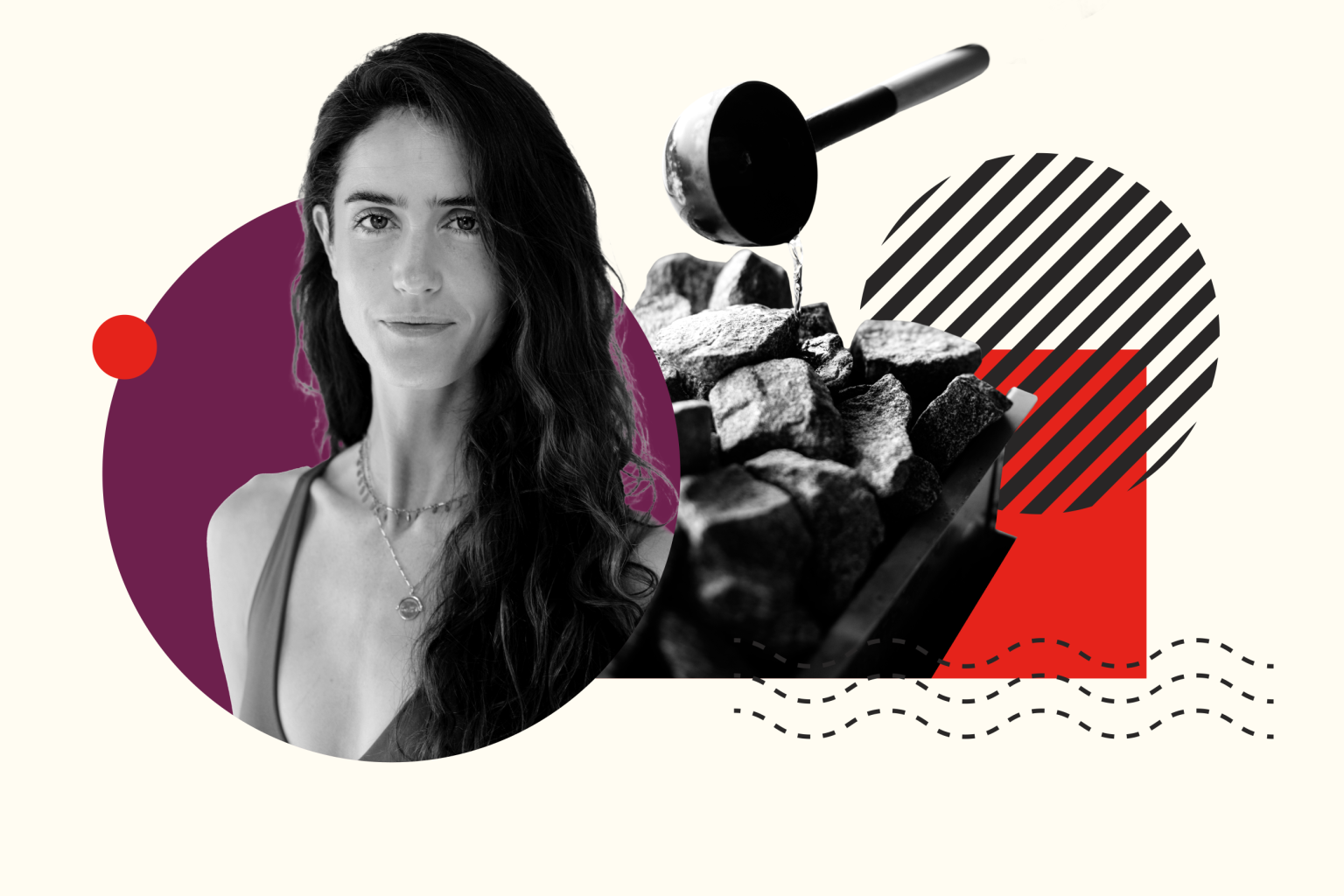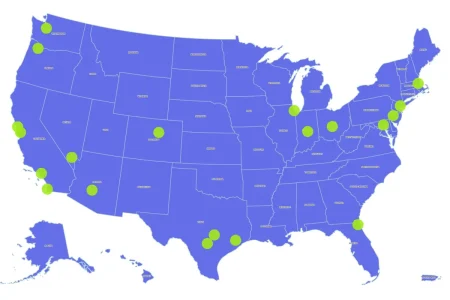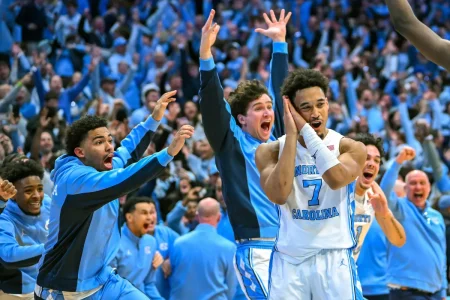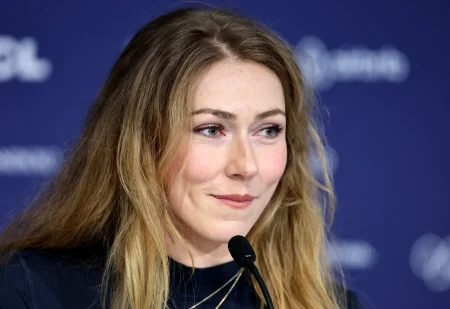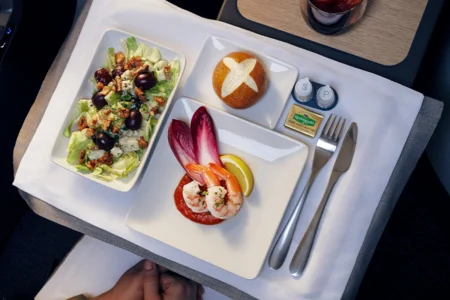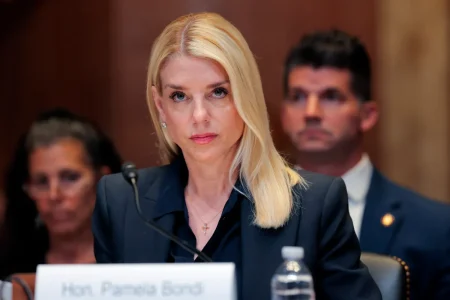Building Community in a Post-Pandemic World: How Othership Is Redefining Wellness Spaces
In an era where everyone seems to be chasing the elusive concept of “community,” Amanda Laine and her team at Othership have managed to transform it from buzzword to reality. What began as a shared dream between Laine and her husband Harrison Taylor has blossomed into a wellness empire that perfectly captures the zeitgeist of post-pandemic social needs. Since launching their first location in downtown Toronto just three years ago, Othership—a social club offering guided sauna-and-cold-plunge classes—has expanded to four locations across Canada and the United States, with a fifth location announced for 2027. This rapid growth hasn’t gone unnoticed by investors, who poured $11.3 million into the company in August, adding to the $10 million raised since its 2022 launch. Their newest bathhouse in Williamsburg, Brooklyn, which opened in September 2024, spans 6,500 square feet and can accommodate up to 100 guests—20 percent more than their first New York City location in Flatiron. For Laine, the emotional impact of their creation continues to astonish her: “Someone cried in my arms yesterday, telling me, ‘This has helped me so much,'” she told Newsweek. “Those moments—even though I probably hear them more and see them more—never stop surprising me. I can’t believe to the extent of how much we created something that is actually helping people.”
The timing of Othership’s rise aligns perfectly with significant post-pandemic social shifts, particularly among younger generations. After enduring COVID lockdowns, Gen Z emerged with a profound hunger for in-person connections, with Ipsos polling showing they desire more face-to-face time with colleagues than any other generation. Yet a CNBC survey revealed that only 17 percent of Gen Z feel “deeply connected with at least one community.” This generation is desperate for “third spaces”—public places outside of home and work where socializing occurs naturally. Richard Slatcher, a psychology professor at the University of Georgia, explains the phenomenon: “There’s definitely a fun social element to just being around other people, even if you’re not really talking. It’s the kind of thing that we missed out on during the pandemic.” His recent study found that live events serve as an important “avenue for social connection.” Simultaneously, drinking habits are changing dramatically among young adults. Gallup reported that the percentage of 18-34-year-old Americans who drink has dropped by 10 points over the past two decades, from 72% to 62%, with the average weekly drink consumption falling from 5.2 to 3.6 drinks. This convergence of trends has created the perfect environment for wellness-focused social spaces to thrive, with Eventbrite data showing a 92% increase in sober-curious gatherings and an astonishing 1,105% increase in attendance at thermal gatherings. In New York City specifically, both sauna raves and cold plunge parties have surged by 900%.
At the heart of Othership’s success is its unique five-person founding team, an unconventional structure that has proven remarkably effective. While Laine and Taylor focus on the creative and programming aspects of the business, co-founders Robbie and Emily Bent, along with Myles Farmer, handle the business operations. This division of responsibilities has allowed each founder to lean into their strengths. In the early days, Laine and her husband personally wrote all program content, trained every guide, and taught countless classes themselves. As the company expanded, their roles evolved—Laine became the director of guides, overseeing more than 100 staff members across four locations, while her husband took on the role of director of programming. “The team has completely expanded and it’s kind of bittersweet,” Laine reflects on this transition. Though she sometimes misses the intimate experience of leading classes in their warm, wood-paneled saunas, she recognizes that stepping back from day-to-day operations reflects the trust they’ve built within their team. “With every shift, we become more pulled out of the day-to-day,” she explains. “But we trust the team we’ve built, and it allows us to focus on expansion and on diving back into the creative side so we can continue evolving and revamping the programming.”
The programming at Othership reflects a thoughtful balance between physical wellness and emotional connection, with offerings designed to appeal to diverse preferences. Laine particularly enjoys leading what she describes as “softer, feminine classes” like “Self-care Sweat,” which she says women especially appreciate. The bathhouses also offer “Space for Women,” a female-only class held monthly at each location that Laine describes as having “so much power behind them” and providing “the coolest chance for women to come together.” For those who prefer a less structured experience, Othership offers “Free Flow” sessions that allow guests to explore the facilities at their own pace, moving between glowing saunas and dark cold plunges as they see fit. This programming diversity has helped Othership evolve beyond its initial appeal to male biohackers. By emphasizing the emotional benefits of the sauna-and-ice-bath experience alongside the physical ones, they’ve successfully attracted a more gender-balanced clientele. “I love that we have the space for both sexes to feel super welcomed,” Laine says proudly. “We’re never too spiritual. We’re never woo-woo. We’re never on the verge of making anyone feel excluded.”
Despite Othership’s inclusive intentions, the intensity of community they’ve fostered has occasionally led outsiders to label them as cult-like—a criticism that used to upset Laine but now amuses her. “I was able to reframe it as, ‘Wow, people feel such belonging here that it can freak people out,'” she explains with a laugh. “If people haven’t felt a shift or done any sort of personal work, then it can feel kind of isolating in a way, like, ‘Oh, I can’t go here. I don’t belong here.'” This reaction, she believes, simply underscores the strength of the community they’ve built. “People either fight it or join it. If they’re on the ‘fight it’ side, they’re going to fight it for a while, but if you’ve created something in a brand that’s so strong that people have an emotional reaction, all the power for it,” she smiles. In many ways, this perfectly encapsulates what makes Othership unique in today’s wellness landscape: they’ve created not just a business but a genuine community where people find both physical rejuvenation and emotional connection. In a world still healing from pandemic isolation, where younger generations are simultaneously seeking meaningful in-person interactions and moving away from alcohol-centered socializing, Othership has tapped into something powerful—proving that when community is authentically cultivated rather than simply marketed, people respond with remarkable enthusiasm.




